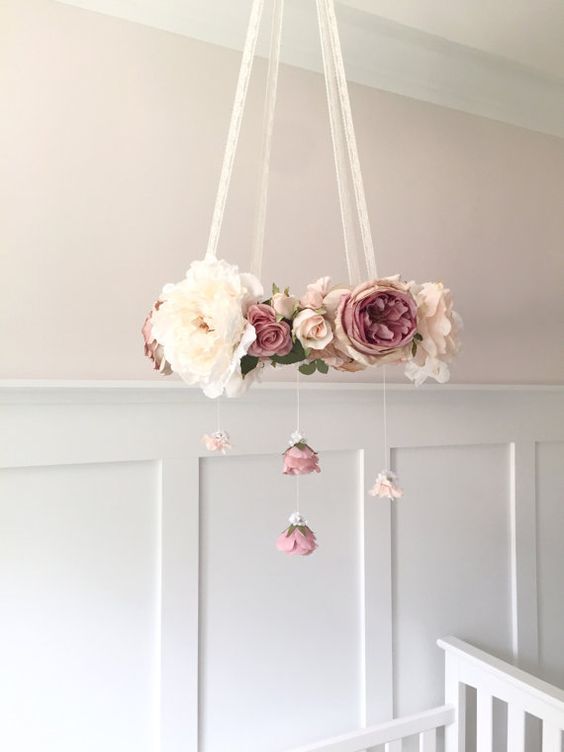
Your Baby’s First 12 Months – The Average Cost and Needs of Your Baby in Their First Year

Having a baby is a monumental time in any person’s life. The joy that adding a member to one’s family can bring is unmatched to any other life event! From the second a woman discovers she is pregnant, many thoughts may run through her head: Is it a girl or a boy? Will my baby be healthy? While there aren’t many things new parents can plan for when it comes to having a baby, one thing they can anticipate is the costs and needs associated with welcoming a new bundle of joy!
Eagerly awaiting the baby…
You’ll likely be excited to nest and create the perfect nursery for your child, as it’s a place that you and your baby will all be spending a lot of time, particularly in the first few months.

One of the most useful items you’ll purchase is a baby monitor. This will allow you to keep an eye (and an ear!) on your baby as he or she sleeps. On average, these will cost around £85. While these are important, new parents will spend even more – £100 – on toys! Who can help themselves from spoiling a new baby?
Transportation that will keep your child safe is also imperative, whether you’re going for a stroll down the street or going on your first public excursion. The cost of a stroller or pram is about £450, but is a sound investment as you’ll be getting a lot of use out of it! For car rides, you’ll want a car seat that is safe and secure. These cost around £85, and often adjust to grow with your child.
One of the most useful items you’ll purchase is a baby monitor. This will allow you to keep an eye (and an ear!) on your baby as he or she sleeps.
If you end up having a traditional baby shower, you may receive lots of baby clothes. Because they’re so tiny and adorable, people tend to gravitate toward these for gifts. However on average, babies don’t need as many clothing items as expected! You will want to stock up on one-piece outfits as well as pajamas and sleepers, and socks and booties. Depending on the time of year, you may also need to prioritize buying fleecewear or a snowsuit.
The baby is here!
After your child is born, it can be a bit of a rush to get used to erratic sleeping and feeding schedules. Having all of the necessary equipment ready ahead of time and knowing what to expect will help you be as prepared as possible.
…in the first six months, babies will sleep more than they will at any other stage of life. They will take about six naps a day on average!
One of the first things new mothers must consider after their child is born is how they will feed them. Breastfeeding is an option that many women decide to do, as it is cost-free and allows for unique bonding time between mother and baby. From birth through 4 months, babies require about eight feeds a day! From 4-12 months, babies have about 5-6 feeds a day.

Another option includes bottle feeding, which helps ensure that babies receive proper nutrition. This method requires 8-12 feeds daily for the first three weeks of life, then 5-6 feeds from three weeks through one year. The cost accumulates quickly, costing an average of more than $1,500 in a year!
While feeding is an important part of the equation, any new parent will agree that figuring out the best nappies for your little one will also be vital! Disposable nappies add up to more than $400 in the first year, and new parents can expect to change a whopping 2,880 nappies. For those who want a more sustainable option, reusable nappies are a smart choice. This cuts down on costs a bit, as it will come to nearly $320 with laundry costs. However because they’re reusable, you’ll only use 29 nappies total in the first year.
When it comes to napping, there are many different ways that infants act. However in the first six months, babies will sleep more than they will at any other stage of life. They will take about six naps a day on average!

The advice for parents to sleep whenever the baby is sleeping is sound – it may be the best opportunity to catch up and feel well rested. Around six months, babies should sleep longer and take only two naps a day, then taper off to even less after nine months.
While some parents are able to stay home full time with their child, many decide to send their baby to a trusted nursery for daytime care. For part-time support, parents spend about £116 per week, compared to £222 per week for full-time care. This can be valuable for many families to achieve work-life balance. Busy Bees Childcare is a lovely resource to help you find the right nursery for you and your child, with more than 329 children’s nurseries nationwide. Click here for preschool in Huntingdon!
When starting to plan your family, it’s helpful to keep all of this guidance in mind to help you and your loved one be as prepared as possible for this next exciting step in growing your family!

















































